

Learning about composting in Kitchen Garden


Learning about composting in Kitchen Garden
Growing More Than Minds
At Melbourne Girls Grammar we love learning and offer our students the opportunity to develop as active, thinking, and ethical women. We believe that our students are very capable young people, competent at observing the world they live in and who ask insightful questions about what they observe.
Influenced by Reggio Emilia philosophy, we acknowledge the importance of the environment as the third teacher. Our kitchen gardens across the School are wonderful ways to connect students with the natural world. They are where students learn valuable gardening and agriculture concepts and skills that integrate with several subjects, such as mathematics, STEM, art, health and physical education. It is through our kitchen gardens that a student's personal and social responsibilities are also fostered.

Activities in our Morris Hall and Barbara Tolson ELC kitchen gardens bring abstract concepts to life through active, hands-on learning. Students relish the typical gardening tasks such as planning, planting, tending, and harvesting. Plants, insects, birds, and weather all become part of the learning process. As a result, students are more engaged, more attentive, and more motivated to learn both in and out of their learning studios. Along with new skills and knowledge of food growing, they are gaining self-confidence and a sense of agency.
Learning is continual from understanding the natural growth of plants – from seeds to sprouts, flowers to fruits – as well as the impact that rain, drought, and other forces of nature have on plant life. Our young Grammarians are learning first-hand the connection between nature, their own food supply, and the pollinators and other creatures our kitchen garden ecosystems attract and support.
Activities in our Morris Hall and Barbara Tolson ELC kitchen gardens bring abstract concepts to life through active, hands-on learning. Students relish the typical gardening tasks such as planning, planting, tending, and harvesting. Plants, insects, birds, and weather all become part of the learning process. As a result, students are more engaged, more attentive, and more motivated to learn both in and out of their learning studios. Along with new skills and knowledge of food growing, they are gaining self-confidence and a sense of agency.
Learning is continual from understanding the natural growth of plants – from seeds to sprouts, flowers to fruits – as well as the impact that rain, drought, and other forces of nature have on plant life. Our young Grammarians are learning first-hand the connection between nature, their own food supply, and the pollinators and other creatures our kitchen garden ecosystems attract and support.
Activities in our Morris Hall and Barbara Tolson ELC kitchen gardens bring abstract concepts to life through active, hands-on learning. Students relish the typical gardening tasks such as planning, planting, tending, and harvesting. Plants, insects, birds, and weather all become part of the learning process. As a result, students are more engaged, more attentive, and more motivated to learn both in and out of their learning studios. Along with new skills and knowledge of food growing, they are gaining self-confidence and a sense of agency.
Learning is continual from understanding the natural growth of plants – from seeds to sprouts, flowers to fruits – as well as the impact that rain, drought, and other forces of nature have on plant life. Our young Grammarians are learning first-hand the connection between nature, their own food supply, and the pollinators and other creatures our kitchen garden ecosystems attract and support.



This newfound connectivity to nature fosters respect and concern for the environment as a whole and nurtures personal endeavours towards sustainability.
As a collective community, we use the kitchen garden as a place of discovery, investigation and joy. In doing so we hope to create a strong connection with the earth and how to care for it. Our Kitchen Garden Project has highlighted for our children the importance of eating nutritious food and how it can promote a healthy lifestyle. Involvement in garden activities helps our girls to understand how the food they have grown becomes the food they enjoy regularly.
When our crop is ready for harvest the children participate in gathering and preparing the fruit and vegetables. We then use them for cooking within the classroom and our very own market — which we run twice a term.
This newfound connectivity to nature fosters respect and concern for the environment as a whole and nurtures personal endeavours towards sustainability.
As a collective community, we use the kitchen garden as a place of discovery, investigation and joy. In doing so we hope to create a strong connection with the earth and how to care for it. Our Kitchen Garden Project has highlighted for our children the importance of eating nutritious food and how it can promote a healthy lifestyle. Involvement in garden activities helps our girls to understand how the food they have grown becomes the food they enjoy regularly.
When our crop is ready for harvest the children participate in gathering and preparing the fruit and vegetables. We then use them for cooking within the classroom and our very own market — which we run twice a term.


Learning to plant vegetables in the kitchen garden



Learning to plant vegetables in the kitchen garden


Raking up the autumn leaves in the Morris Hall kitchen garden


Broccoli, capsicum and parsley from our kitchen garden
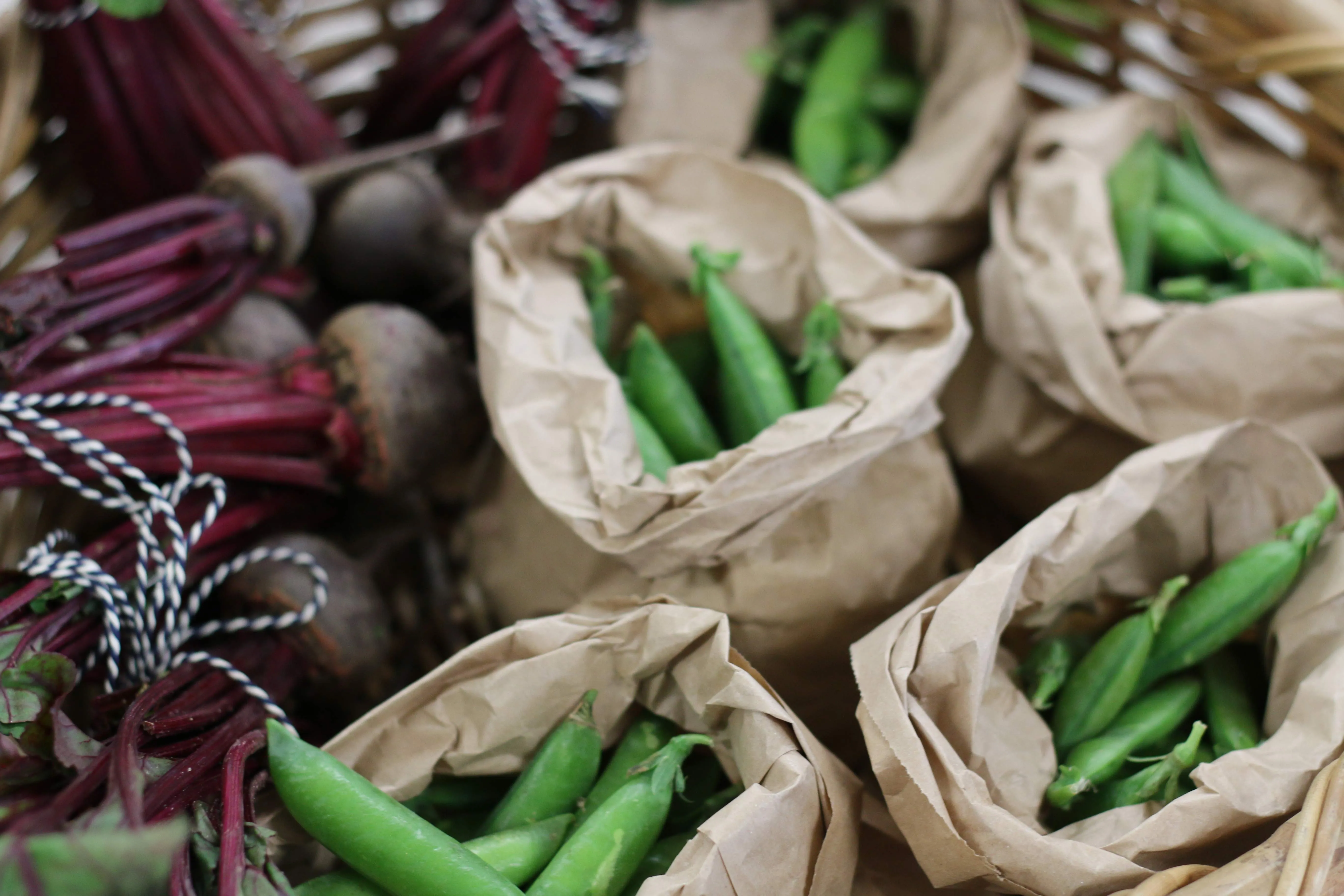

Beans and beetroot packaged up for the Farmers' Market


Learning to plant vegetables in the kitchen garden


Raking up the autumn leaves in the Morris Hall kitchen garden


Broccoli, capsicum and parsley from our kitchen garden


Beans and beetroot packaged up for the Farmers' Market
Learning about Sustainability
Our Early Learning Centre community aspires to be more sustainable in our everyday practices, learning environments and pedagogy. During our morning tea and lunch, we collect our food scraps and add them to our compost and worm farms. Through conversations and practices, we aim to develop nude lunchboxes – sustainable lunches that are plastic and rubbish free. Throughout the coming years, we look forward to growing, harvesting, and sharing the fruits of our gardening experiences with our wider community.
Each year, our Year 2 students host a Farmers' Market for our Morris Hall community. In many ways, farmers are the ultimate entrepreneurs - they are constantly innovating, growing businesses, and taking full responsibility for all aspects of product delivery. Drawing on this knowledge, our students experience first hand the rewards of fresh produce and the process that brings them to the consumption stage. Some of the fruit and vegetables that are grown include strawberries, tomatoes, carrots, cabbages, onions, lettuce, sweet peas, broccoli, radishes, and a variety of herbs. All profits are used for replenishing resources for our kitchen garden, such as more seeds, soil, and gardening tools.
Learning about Sustainability
Our Early Learning Centre community aspires to be more sustainable in our everyday practices, learning environments and pedagogy. During our morning tea and lunch, we collect our food scraps and add them to our compost and worm farms. Through conversations and practices, we aim to develop nude lunchboxes – sustainable lunches that are plastic and rubbish free. Throughout the coming years, we look forward to growing, harvesting, and sharing the fruits of our gardening experiences with our wider community.
Each year, our Year 2 students host a Farmers' Market for our Morris Hall community. In many ways, farmers are the ultimate entrepreneurs - they are constantly innovating, growing businesses, and taking full responsibility for all aspects of product delivery. Drawing on this knowledge, our students experience first hand the rewards of fresh produce and the process that brings them to the consumption stage. Some of the fruit and vegetables that are grown include strawberries, tomatoes, carrots, cabbages, onions, lettuce, sweet peas, broccoli, radishes, and a variety of herbs. All profits are used for replenishing resources for our kitchen garden, such as more seeds, soil, and gardening tools.
Learning about Sustainability
Our Early Learning Centre community aspires to be more sustainable in our everyday practices, learning environments and pedagogy. During our morning tea and lunch, we collect our food scraps and add them to our compost and worm farms. Through conversations and practices, we aim to develop nude lunchboxes – sustainable lunches that are plastic and rubbish free. Throughout the coming years, we look forward to growing, harvesting, and sharing the fruits of our gardening experiences with our wider community.
Each year, our Year 2 students host a Farmers' Market for our Morris Hall community. In many ways, farmers are the ultimate entrepreneurs - they are constantly innovating, growing businesses, and taking full responsibility for all aspects of product delivery. Drawing on this knowledge, our students experience first hand the rewards of fresh produce and the process that brings them to the consumption stage. Some of the fruit and vegetables that are grown include strawberries, tomatoes, carrots, cabbages, onions, lettuce, sweet peas, broccoli, radishes, and a variety of herbs. All profits are used for replenishing resources for our kitchen garden, such as more seeds, soil, and gardening tools.
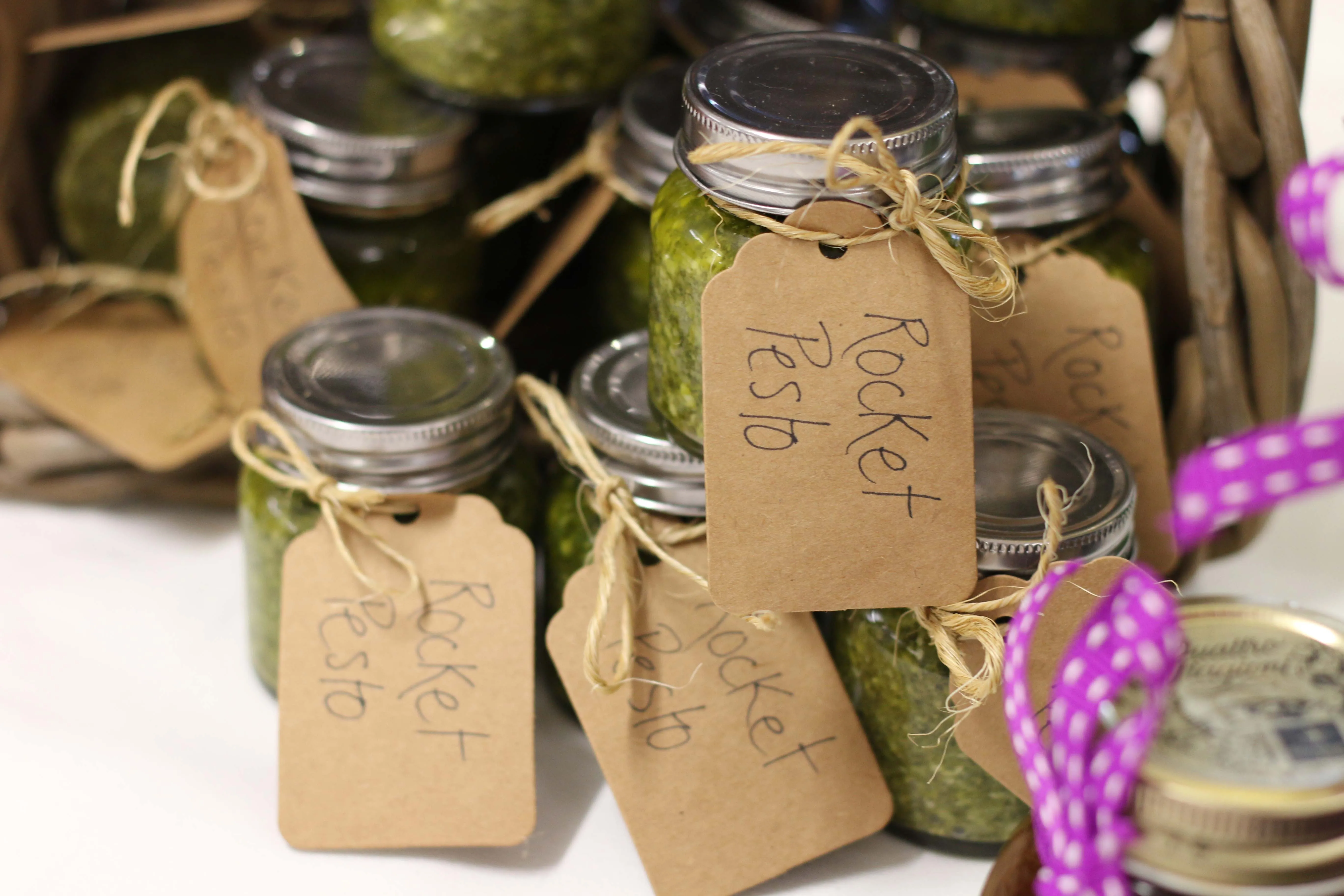

Pesto packaged up for the Farmers' Market



Pesto packaged up for the Farmers' Market
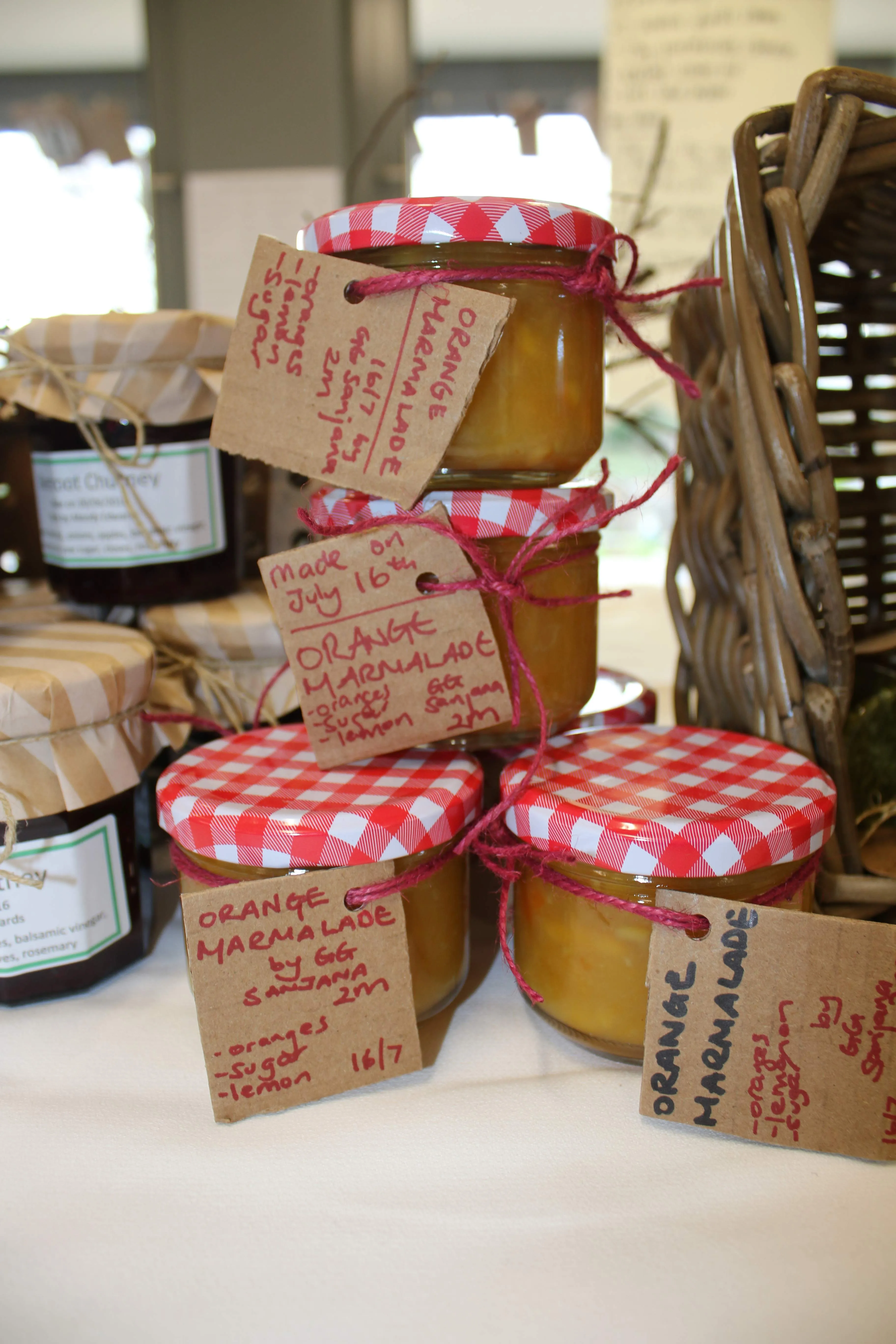

Jam packaged up for the Farmers' Market
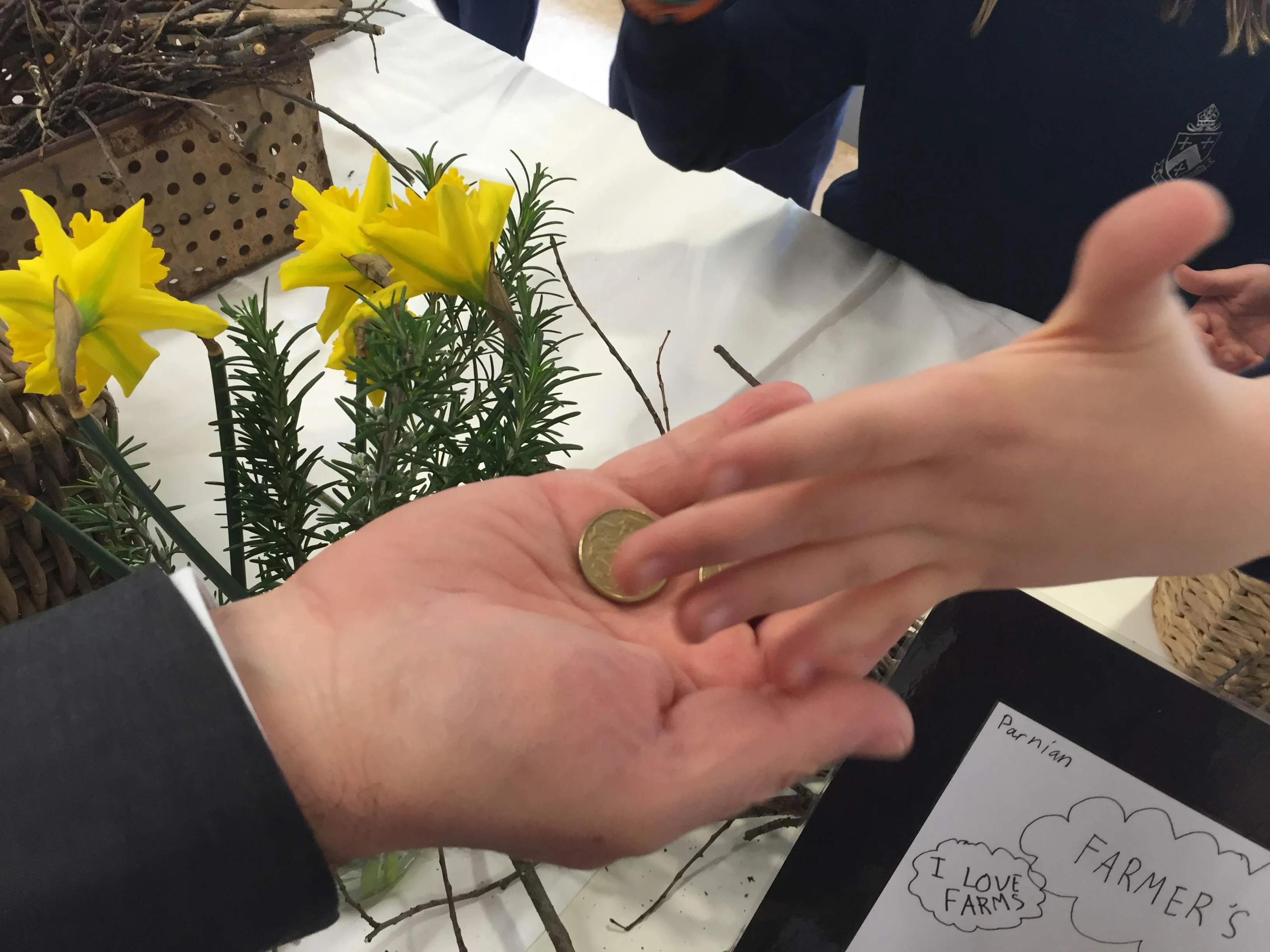

Students learning to manage money at our Farmers' Market
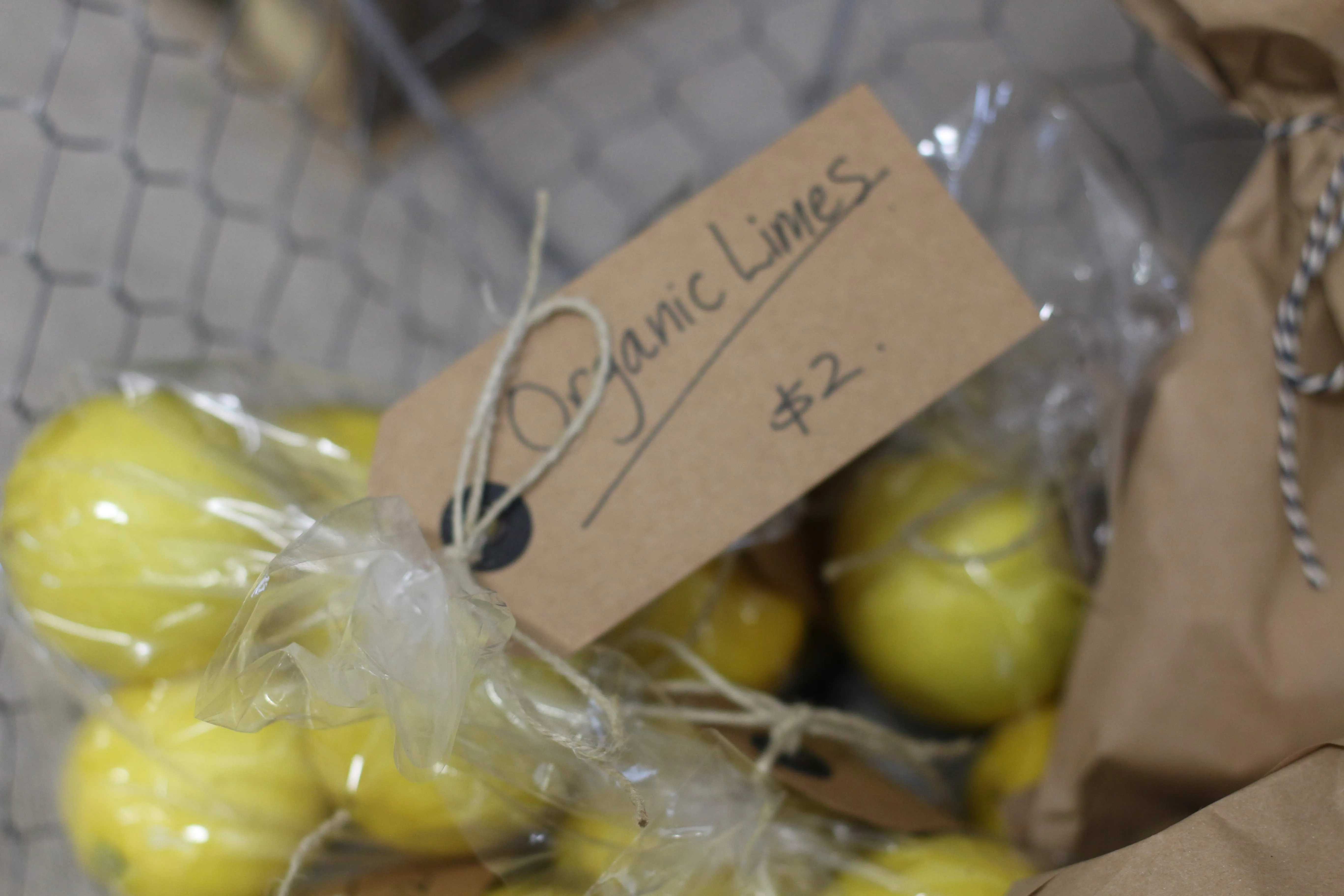

Limes packaged up for the Farmers' Market


Pesto packaged up for the Farmers' Market


Jam packaged up for the Farmers' Market


Students learning to manage money at our Farmers' Market


Limes packaged up for the Farmers' Market
Lifetime Learnings
The Farmers' Market program enables our students to employ mathematical and financial literacy skills when they decide how to price their produce and calculate profits. When students write brochures and flyers, they hone their communication skills. Budding artists stretch their abilities as they design logos and marketing materials.
The academic benefits are just part of the picture. When our young Grammarians collaborate with peers to make decisions, tackle problems, and maintain relations with customers, they develop skills essential for business success. As they take on roles of responsibility, create something of value, and showcase their garden produce to enthusiastic customers, their confidence and self-esteem flourishes.
Lifetime Learnings
The Farmers' Market program enables our students to employ mathematical and financial literacy skills when they decide how to price their produce and calculate profits. When students write brochures and flyers, they hone their communication skills. Budding artists stretch their abilities as they design logos and marketing materials.
The academic benefits are just part of the picture. When our young Grammarians collaborate with peers to make decisions, tackle problems, and maintain relations with customers, they develop skills essential for business success. As they take on roles of responsibility, create something of value, and showcase their garden produce to enthusiastic customers, their confidence and self-esteem flourishes.
Lifetime Learnings
The Farmers' Market program enables our students to employ mathematical and financial literacy skills when they decide how to price their produce and calculate profits. When students write brochures and flyers, they hone their communication skills. Budding artists stretch their abilities as they design logos and marketing materials.
The academic benefits are just part of the picture. When our young Grammarians collaborate with peers to make decisions, tackle problems, and maintain relations with customers, they develop skills essential for business success. As they take on roles of responsibility, create something of value, and showcase their garden produce to enthusiastic customers, their confidence and self-esteem flourishes.







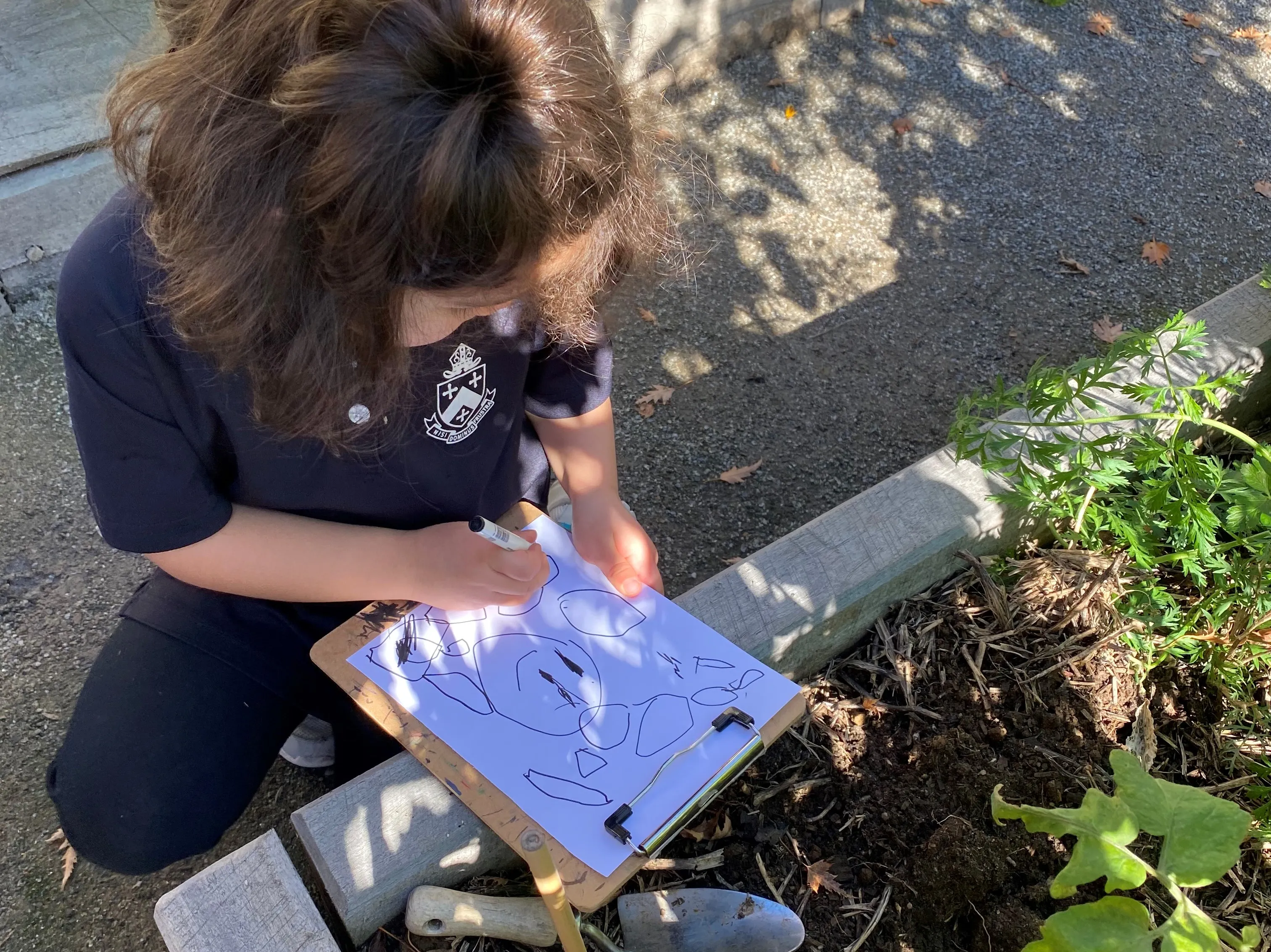
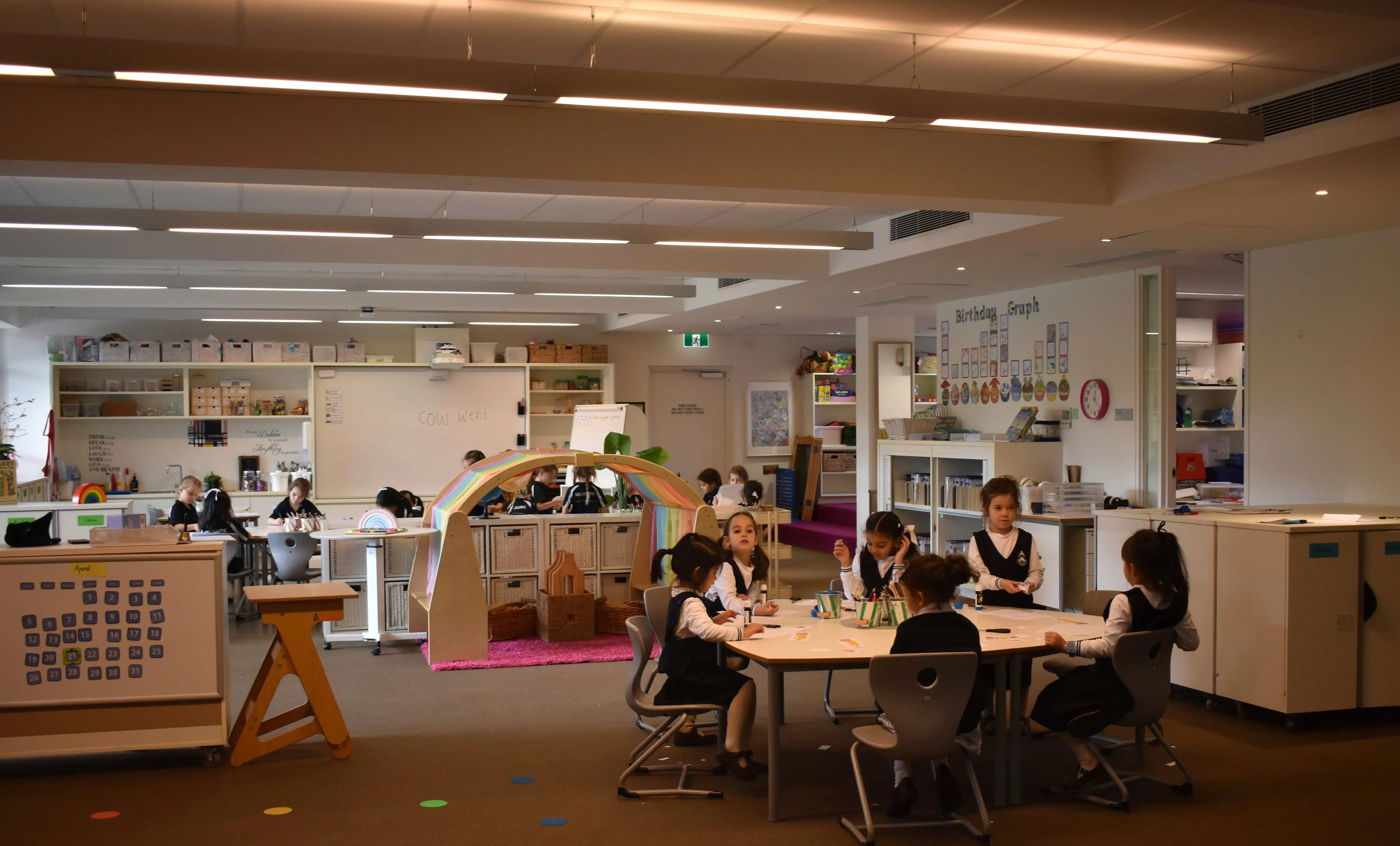
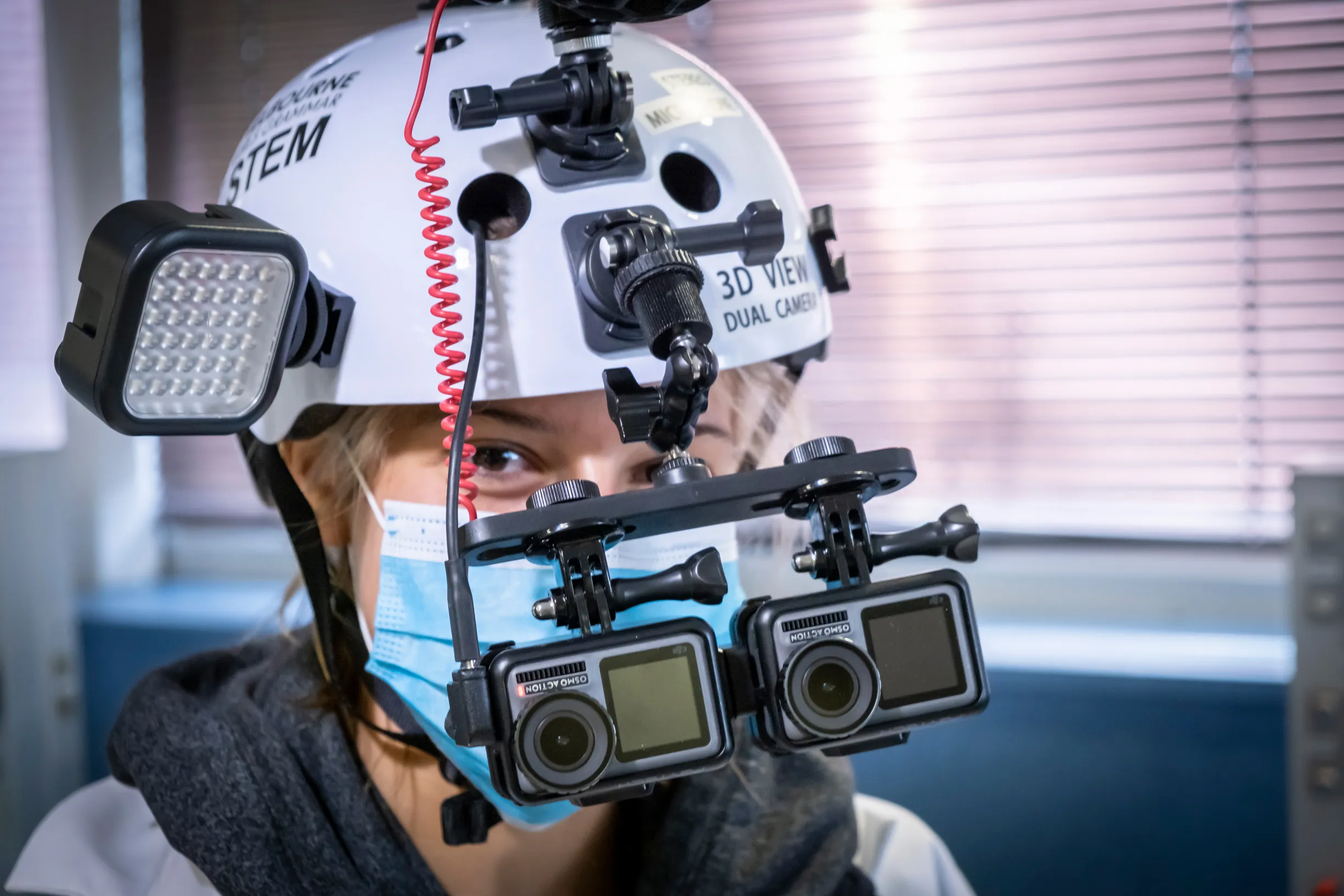
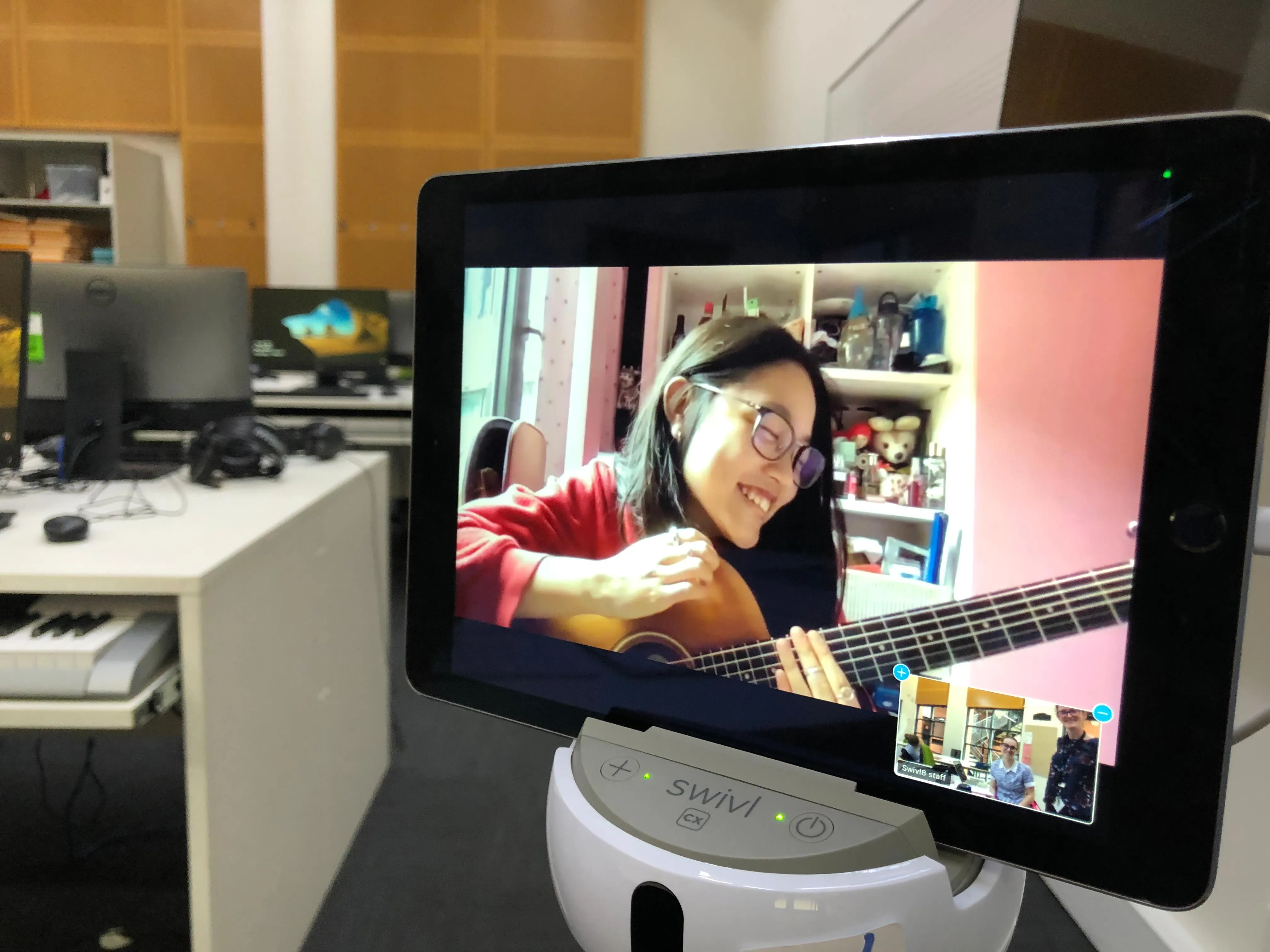
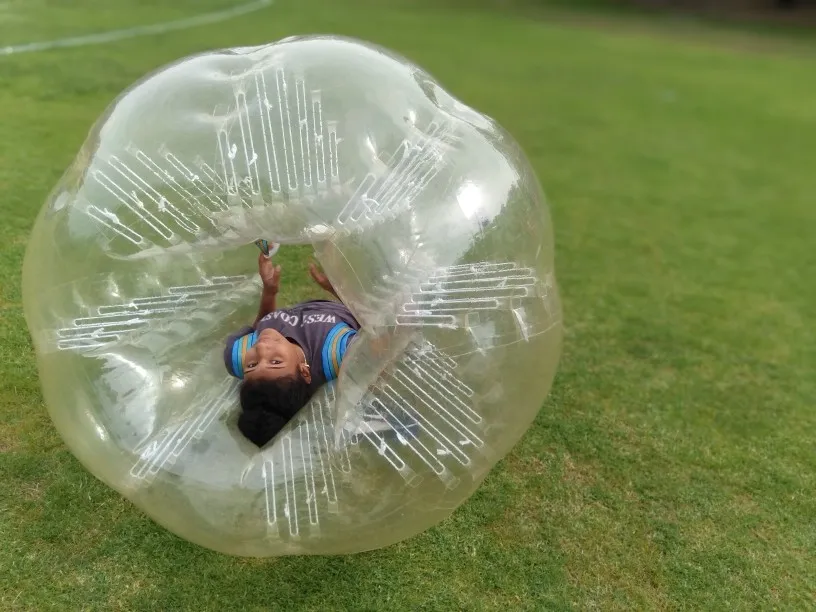



.webp)




